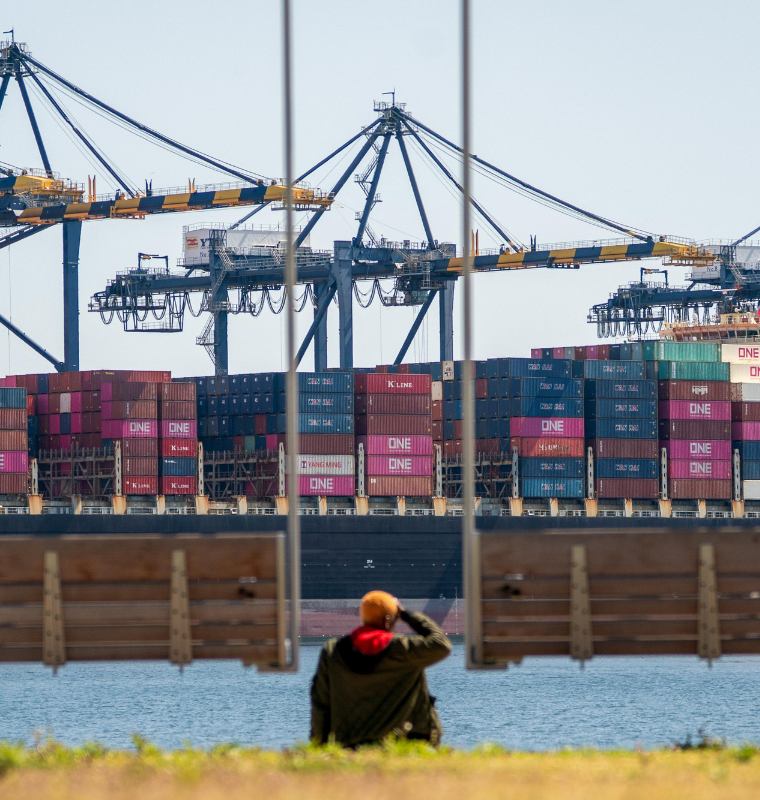From Kitchen Experiments to a $2 Billion Deal: How Allison Ellsworth Turned Poppi Into PepsiCo’s New Star
From Kitchen Experiments to a $2 Billion Deal: How Allison Ellsworth Turned Poppi Into PepsiCo’s New Star
By
Leah Rosenfeld
Last updated:
October 17, 2025
First Published:
October 17, 2025
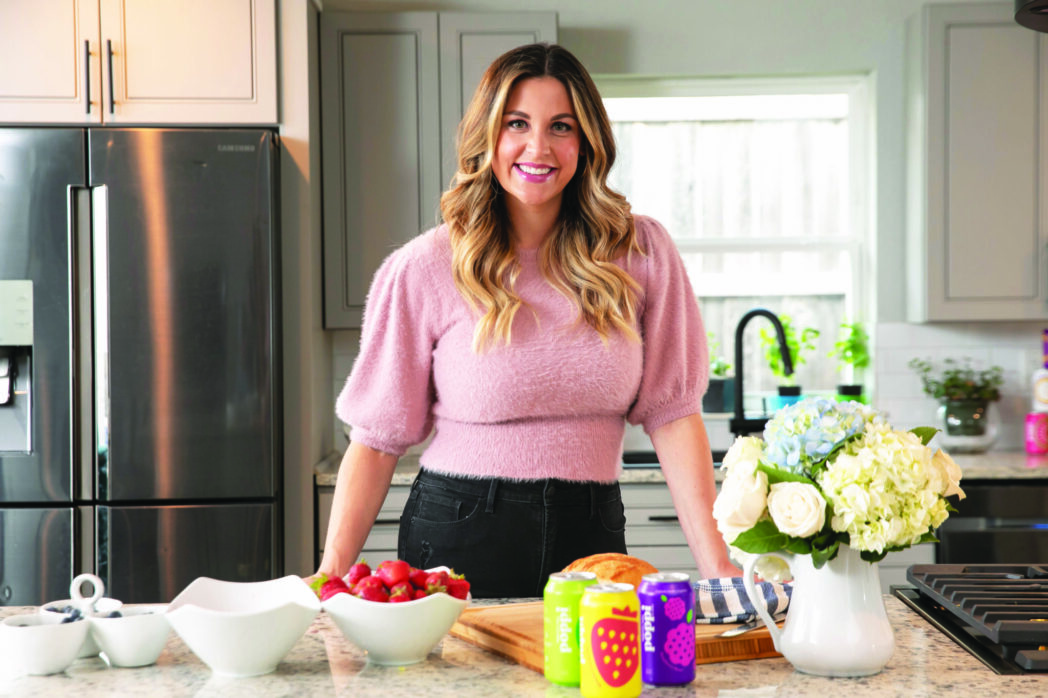
Photo: DFWChild
From Kitchen Curiosity to Health Revolution
In 2015, Allison Ellsworth, then working in the oil and gas industry, began experimenting in her Texas kitchen with ways to make apple cider vinegar (ACV) more palatable. The drink made her feel better, but its sharp taste wasn’t easy to love. So she began blending vinegar with fruits, herbs, and sparkling water, unknowingly laying the foundation for what would become a billion-dollar wellness soda empire.
Fast forward to May 2025, and that kitchen project — now known as Poppi — was sold to PepsiCo for an eye-watering $1.95 billion. The deal included about $300 million in cash tax benefits, bringing the net purchase price to around $1.65 billion.
The Relentless Drive Behind Poppi
Ellsworth, now 38, has always had an entrepreneurial streak. “I just knew I never wanted to work for anyone,” she told CNBC in a past interview. Even in college, she found ways to work smarter — boosting her call-center sales by as much as five times compared to peers.
After graduation, she spent seven years traveling the U.S. in oil and gas research, managing multimillion-dollar projects alone. But constant travel, poor diet, and stress took a toll on her health. “My face broke out, my stomach hurt, and doctors couldn’t explain why,” she recalled. That’s when she turned to apple cider vinegar for gut health — a decision that changed her life and career.
The Birth of a Brand
By 2016, Ellsworth began selling her homemade “Mother Beverage” at a local farmers market while pregnant with her first child. Within three weeks, a Whole Foods buyer discovered her booth. “They told me, ‘We don’t have anything like this on our shelves,’” she said. That one conversation transformed a side project into a real business.
Soon after, Allison and her husband, Stephen Ellsworth, quit their jobs and went all in. By 2017, their drinks were stocked in Whole Foods nationwide, and by 2018, annual revenue had reached around $500,000.
Shark Tank and the Big Pivot
The couple’s turning point came in 2018 when they appeared on Shark Tank. Despite being nine months pregnant during filming, Ellsworth’s pitch impressed investor Rohan Oza, who offered $400,000 for a 25% stake.
After the show, they rebranded from Mother Beverage to Poppi — swapping glass bottles for bright, colorful cans and slightly sweetening the formula to appeal to soda drinkers. “We wanted to revolutionize soda for the next generation,” Ellsworth said. “Everyone drinks soda, so we wanted to make it better for you.”
Going Viral and Building a Modern Soda Empire
Poppi officially launched in March 2020, just as the pandemic shifted consumer focus toward wellness and functional beverages. Ellsworth leaned into digital marketing early, turning TikTok into Poppi’s secret weapon. The brand’s vibrant visuals and relatable health messaging resonated, amassing millions of views and a fiercely loyal community.
Poppi also adopted an omnichannel strategy — selling simultaneously on Amazon and in major retailers like Target, Kroger, and Walmart. Backed by strong investors, the company avoided early cash crunches that cripple many startups. “We had the right people, right time, right product,” Ellsworth said.
By 2024, Poppi had become one of the fastest-growing beverage brands in the U.S., with annual retail sales surpassing $400 million, according to industry analysts.
PepsiCo’s $2 Billion Bet
Poppi’s meteoric rise caught the attention of PepsiCo, which has been expanding its portfolio beyond traditional sodas like Pepsi and Mountain Dew. The acquisition, finalized in May 2025, valued Poppi at nearly 20 times its 2024 sales — an extraordinary multiple that underscores how major corporations are betting on health-focused “better-for-you” drinks.
For Ellsworth, the sale wasn’t just about the payday; it was about scale. “We wanted Poppi to reach as many people as possible,” she said. “And the only way to truly do that was to partner with a global distributor like Pepsi.”
What Poppi Means for the Beverage Industry
Poppi’s success reflects a broader shift in consumer behavior. Today’s buyers — especially Gen Z and millennials — are gravitating toward functional beverages that promise both taste and health benefits. Market research firm Grand View Research estimates the global functional soda market will reach $25 billion by 2030, growing at nearly 6% annually.
Ellsworth’s journey mirrors the new entrepreneurial dream: one that blends personal wellness, digital culture, and smart scaling. From kitchen experiments to TikTok fame and a $2 billion PepsiCo exit, her story stands as proof that innovation can start with a single glass bottle on a farmers market table.
Popular articles
Subscribe to unlock premium content
Merch, Meals, and Memories
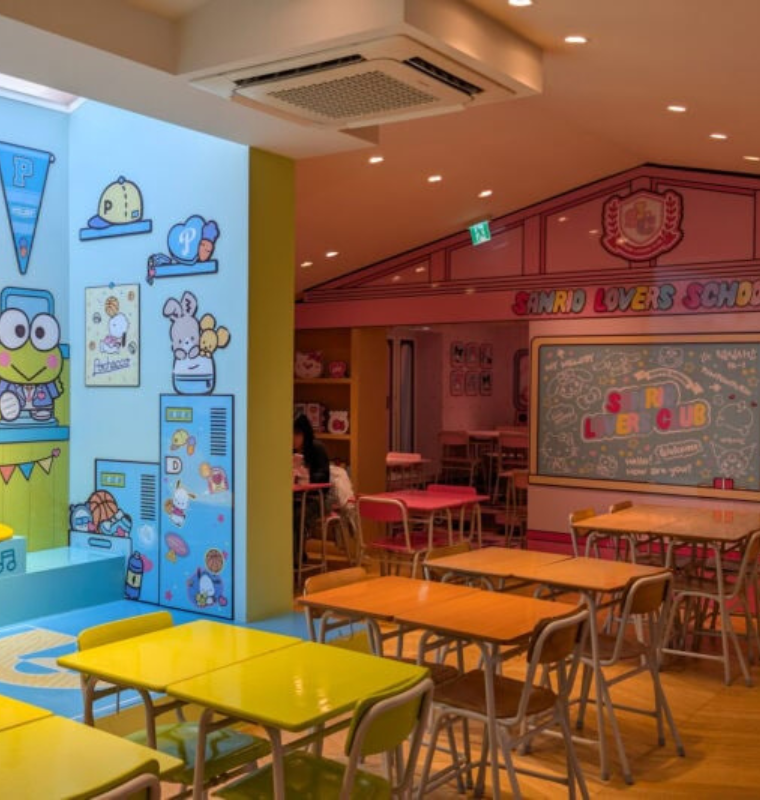
Innovating One Feature at a Time
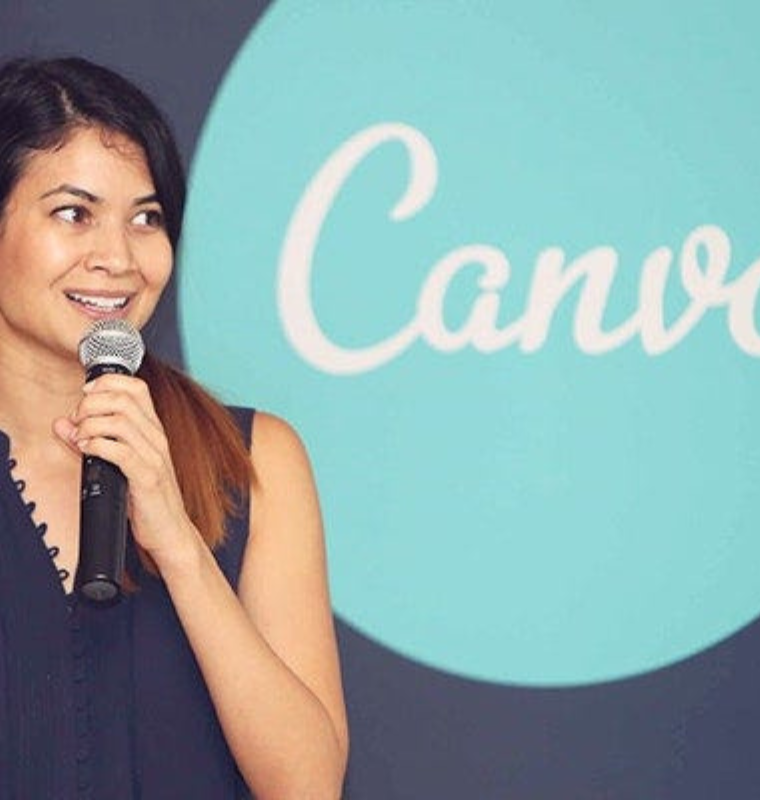
Zero Taxes, Maximum Attraction – Why Monaco is the ultimate playground for the wealthy.
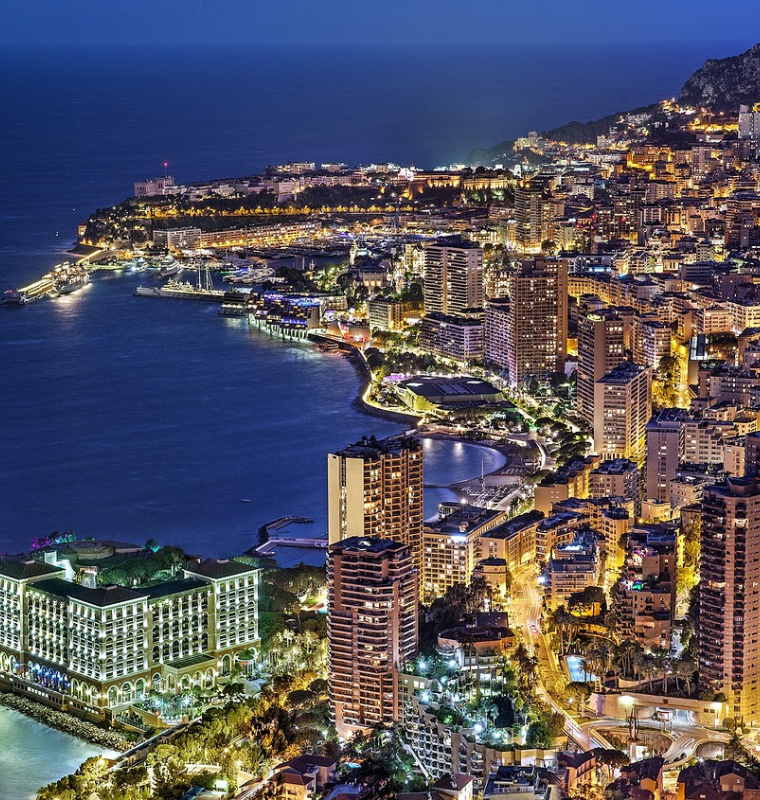
Merch, Meals, and Memories

Innovating One Feature at a Time

Merch, Meals, and Memories







.png)

